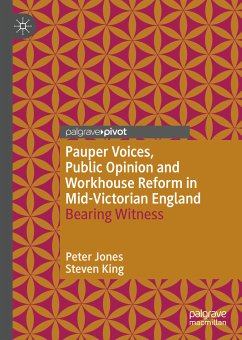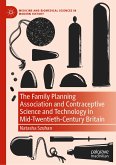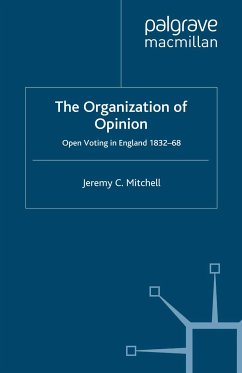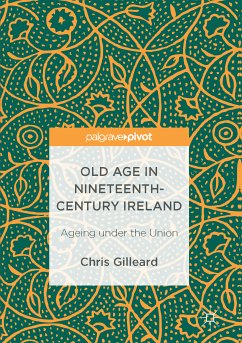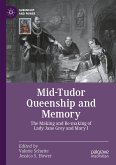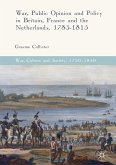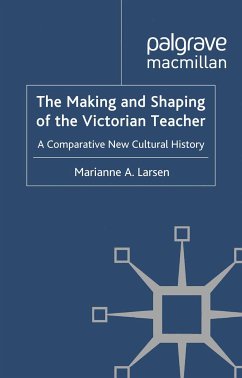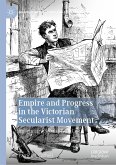This book represents the first attempt to identify and describe a workhouse reform 'movement' in mid- to late-nineteenth-century England, beyond the obvious candidates of the Workhouse Visiting Society and the voices of popular critics such as Charles Dickens and Florence Nightingale. It is a subject on which the existing workhouse literature is largely silent, and this book therefore fills a considerable gap in our understanding of contemporary attitudes towards institutional welfare. Although many scholars have touched on the more obvious strands of workhouse criticism noted above, few have gone beyond these to explore the possibility that a concerted 'movement' existed that sought to place pressure on those with responsibility for workhouse administration, and to influence the trajectory of workhouse policy.
Dieser Download kann aus rechtlichen Gründen nur mit Rechnungsadresse in A, B, BG, CY, CZ, D, DK, EW, E, FIN, F, GR, HR, H, IRL, I, LT, L, LR, M, NL, PL, P, R, S, SLO, SK ausgeliefert werden.

